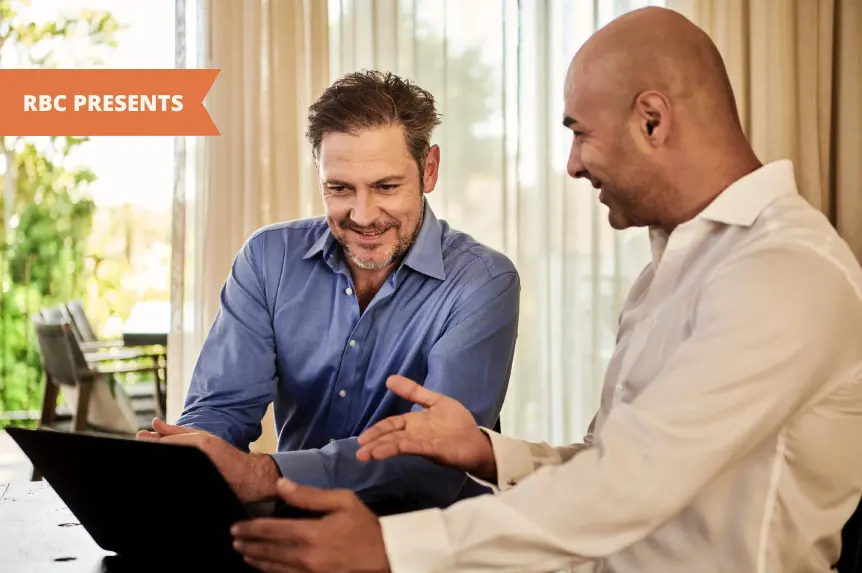Getting Probate in Ontario: How to Value Estate Assets

Today, we're diving into the world of estate asset valuation.
Figuring out what the deceased owned
When someone passes away, the first thing you need to do is figure out what they owned. A good first step is to check whether they kept any kind of “Asset List” or another document with a personal inventory of items and accounts. If not, there will need to be some digging into bank statements and personal documents, and even reaching out to financial advisors for insights into their financial situation.
The key here is to be super thorough – missing assets can lead to all sorts of legal complications, and nobody wants that, right? Plus, this information will need to be recorded on the appropriate court forms when the will is submitted for probate, making it a critical step in ensuring that the estate is managed efficiently and in accordance with the deceased person's wishes.
"Estate" vs. "Non-Estate" Assets
Now, when it comes to assets, you've got two main categories: what we’ll loosely call, estate and non-estate assets. Some people might also refer to these as "probate" vs. "non-probate" assets. Estate assets are those that get divided up according to the person's will (or intestacy laws if there's no will). Think of stuff like individual-owned real estate, certain financial accounts, and personal property.
Non-estate assets, on the other hand, skip the probate process and go straight to the designated beneficiaries. These assets don’t form part of the estate and don’t get distributed by the executor, but it is helpful to know these exist in case you need to reach out to any institutions to notify them of the death of the deceased. These can include joint property, assets with named beneficiaries (like life insurance or pension benefits), and assets held in trusts. Once you've sorted assets into these categories, it's helpful to get organized. Group similar assets together, like real estate, financial accounts, personal stuff, and business interests. This will make it easier to value each category correctly, and that's super important.
Date of Death Value
Now, when we talk about determining the value of an asset, there are a few things to consider. First, you've got the "Date of Death Value," which is the asset's value on the day the person passed away. This is crucial for things like estate taxes and future sales.
Adjusted Cost Base
You also need to figure out the adjusted cost base (ACB) for capital assets – basically, what the person initially paid for them. Knowing this is also essential for tax returns.
Disposition Value
Lastly, there's the "Disposition Value," which is all about the asset's value when it's sold or distributed. This is handy because estates can take a while to settle, and values can change during that time.
But how do you determine an asset's value?
Well, there are a few methods. One is getting an independent appraisal – that's when a pro estimates an asset's value. For unique stuff like rare paintings, you might need an art appraiser. Another method is using comparable sales data, which is great for real estate. You compare the asset to similar ones that recently sold in the area. Finally, for complex assets, it might be best to consult experts who specialize in those areas.
Unique assets can be a bit trickier to value. Jointly-owned stuff requires you to determine the deceased's share, taking into account the ownership structure and any agreements in place. Sentimental items, like family heirlooms, can be a bit subjective in value, so you might want to involve family members and maybe even an appraiser. And for assets with fluctuating value, like collectibles or artwork, you'll need to keep an eye on market trends and potentially get expert appraisals.
The main goal here is to ensure that the values you use in the probate process are accurate and fair. It's a bit of a puzzle, but with the right approach and maybe a little expert help, you can handle it like a pro.









